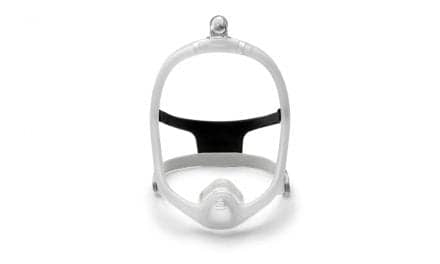EarlySense has released sleep scores gathered from a sample of 900 Europeans using an EarlySense-powered sleep sensor for six months. Data recordings from more than 20,000 nights were analyzed.
Originally designed for hospitals, EarlySense’s contact-free health monitoring sensor detectsmore than 50,000 data points every night to provide users with a precise picture of overall health.
The data indicates that Italians have the highest sleep quality scores, with an average of 71.9. The British follow, at 65.4; Germans are next, at 65.1; and the French sleep most poorly, with an average score of 60.4. The data also shows that, as expected, breathing interruptions are identified more in overweight people and more in men than in women.
Women sleep better in each of the four countries analyzed, with average sleep scores as follows:
- Italy: 83.4
- Germany: 69.0
- Great Britain: 67.6
- France: 61.9
Sleep score is determined by a combination of seven contributors, which typically reflect the subjective feeling of one’s sleep, including total sleep time (TST), sleep efficiency (SE), amount of deep sleep, time to fall asleep (Sleep Latency) and number of awakenings during the night.
“Sleep is crucial to our health, and identifying sleep disorders and breathing disorders in sleep is of paramount importance,” said Prof. Asher Tal, Founder and previous Head of the Pediatric Pulmonary Unit and Sleep Center at Soroka Medical Center. “In a recent letter to the prestigious ‘Sleep’ scientific journal, the authors noted the huge opportunity to improve care by tracking sleep at home with wearable devices. Now, we may be able to take that a step further with medically-proven sensors that face no compliance challenges.”
Placed under a mattress, the contact-free EarlySense sensor communicates with a dedicated smartphone app to track users’ heart rate, respiratory rate and body motion. Employing advanced algorithms, data is used to measure and analyze sleep patterns and overall health stability.
Additional data findings include:
- Overweight users (BMI>30) had an 8% lower sleep score than those who were not overweight.
- Average Time to Fall Asleep:
- Men: 19 minutes; Women: 17 minutes
- Age: over 70: 20 minutes; 50-70: 18 minutes; Under 50: 19 minutes
- British: 20 minutes; German:18 minutes; French: 19 minutes; Italian:18 minutes
- Average Total Time Slept (hours: minutes):
- Men: 6:30; Women: 6:49
- Age: over 70: 6:27; 50-70: 6:39; under 50: 6:34
- British: 6:51; German: 6:36; French: 6:21; Italian: 6:48
“Good sleep is a pillar of good health, and awareness is the first step toward improvement. Our solution is quickly gaining traction, helping people sleep better while improving their wellbeing,” added Halperin.










